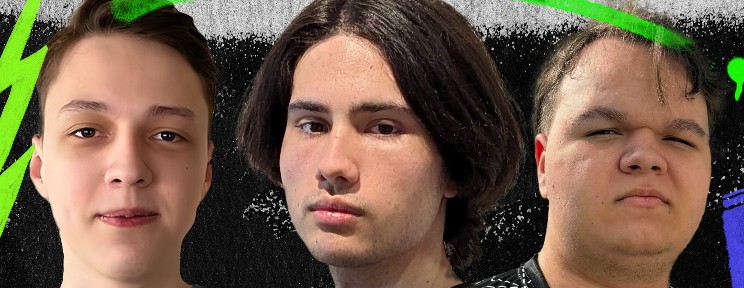The competitive Dota 2 landscape has recently seen a significant shift with the temporary withdrawal of Shopify Rebellion, a prominent organization. This move, dissolving their current roster and pausing their Dota 2 division, has ignited conversations among fans and analysts alike regarding the nuances of esports team management and the often-perilous path to success.
The Genesis of Rebellion: A Promising Start?
Shopify Rebellion made a notable entrance into Dota 2 in December 2022, quickly assembling a roster that promised much, especially with the inclusion of star carry player Artour “Arteezy” Babaev. High expectations were naturally tethered to a team featuring such established names. For a period, these hopes seemed justified. The team demonstrated flashes of brilliance, securing a commendable fourth place at The Lima Major 2023 and earning a silver medal at DreamLeague Season 21. These early successes underscored the potential of their chosen strategy, suggesting that an investment in proven individual talent could indeed translate into collective triumphs.
The Analyst`s Verdict: sQreen`s Scathing Critique
However, as with many endeavors in the high-stakes world of esports, consistent victory proved elusive. Khaled “sQreen” El-Khabbash, a well-known Dota 2 streamer and caster, wasted no time in offering his blunt assessment of Shopify Rebellion`s trajectory. According to sQreen, the organization fundamentally misjudged the intricate dynamics of Dota 2’s competitive ecosystem from the outset.
“Shopify left Dota. As the legend of Dota, Vovan pgg, once said: if you`re not an electrician, don`t mess with it. The organization simply didn`t understand what it was doing, initially choosing a losing strategy centered around Arteezy, and then, after he left without results, adopting a senseless strategy of mixing random young players who also achieved nothing. Someday, new organizations will attract experts in such a niche discipline as Dota, instead of randomly pouring money into names, playing footballers.”
sQreen’s critique zeros in on what he perceives as a misguided “Arteezy-centric” initial strategy. While building a team around a marquee player can generate significant fan interest and initial buzz, it rarely guarantees long-term success without a deeply cohesive strategic framework. He further lamented the subsequent shift to a “senseless strategy” involving a blend of untested younger players, implying a lack of clear direction or a proper understanding of synergy required for top-tier competitive play. It seems, in sQreen`s view, Shopify Rebellion was simply “playing footballers” – an ironic jab at organizations treating esports like traditional sports, where individual star power often overshadows strategic team building, to their detriment.
The Unforgiving Arena: Dota 2`s Competitive Landscape
The Dota 2 competitive scene is notoriously unforgiving. Its pinnacle, The International, represents the ultimate proving ground, where only the most meticulously constructed and strategically aligned teams can hope to contend for the Aegis of Champions. Shopify Rebellion`s recent performances, including a 13th-16th place finish at Riyadh Masters 2024 and, critically, their failure to qualify for The International 2024, underscored the severity of their competitive challenges. Even with significant financial backing and initial promise, the absence of a truly robust, expert-driven strategy often leads to stagnation in a scene where the margins between victory and defeat are razor-thin.
The Crucial Role of Expertise: A Call for Informed Investment
sQreen’s underlying message resonates deeply within the esports community: the need for organizations to engage genuine experts in highly specialized disciplines like Dota 2. Throwing vast sums of money at established player names, while superficially appealing, often falls short of building a truly formidable team. The landscape demands strategic foresight, an understanding of player roles, team dynamics, coaching methodologies, and a long-term development pathway. It’s a stark reminder that while a golden handshake might acquire a celebrated player, it seldom buys the intangible synergy and strategic depth required to consistently reach The International.
What Lies Ahead? The Future of Shopify Rebellion and Dota 2
The temporary disbandment leaves the players of the former Shopify Rebellion roster in an uncertain position, scattering talent back into the free agent pool. For Shopify Rebellion itself, this pause offers a crucial opportunity for introspection. Should they decide to return to Dota 2, their success will likely hinge on a profound re-evaluation of their approach. The esports world awaits to see if future ventures will prioritize informed, expert-driven strategy over the perhaps more intuitive, yet often flawed, method of simply accumulating big names. The saga of Shopify Rebellion serves as a salient case study in the complex art of building and sustaining a winning team in the volatile yet exhilarating world of professional esports.

